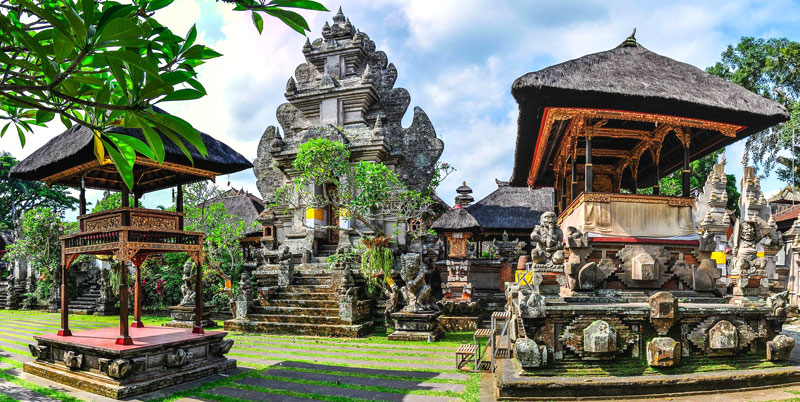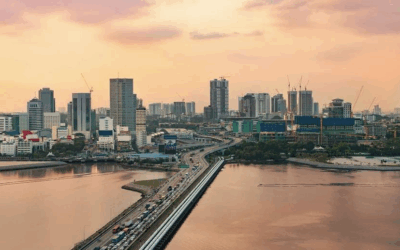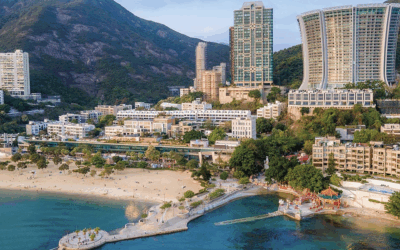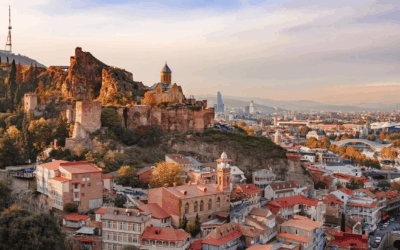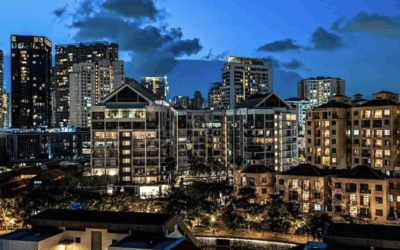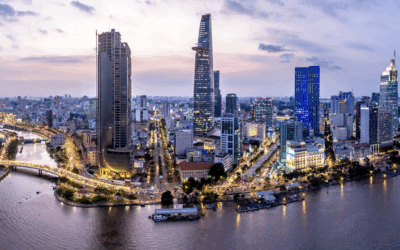Bali, the famed “Island of the Gods” in Indonesia, has become an increasingly popular retirement destination for expats seeking an idyllic place to spend their golden years.
With its laidback lifestyle, welcoming locals, rich culture, natural beauty, and affordability, Bali offers a tranquil haven amidst the hustle and bustle of modern life.
This guide covers everything to know about retiring in Bali, from visa requirements to ideal locations, cost of living, healthcare, and more.
Visa Options for Retiring in Bali
To retire in Bali long-term, you’ll need a retirement visa, also known as a Retirement KITAS (Limited Stay Permit). The requirements include:
- Being at least 55 years old
- Providing proof of pensions or savings to cover living costs
- Having health and life insurance
- Agreeing to hire at least two local Indonesian staff
The initial Retirement KITAS is valid for one year and renewable annually. After 5 years, you can apply for a permanent residency permit known as KITAP.
Another option is the Second Home Visa, which requires either having IDR 2 billion ($315,000 USD) This provides more flexibility but has stricter financial requirements.
Top Neighborhoods to Live in Bali
Bali offers diverse options across the island for retirement living. Here’s a quick overview of several great areas in Bali for expats and retirees alike.
Sanur: A relaxed seaside town with a laidback ambiance located on Bali’s southeastern coast. It has a long beach boardwalk, calm swimming areas, and a growing gourmet dining scene.
Seminyak: An upscale beachside locale north of Kuta, offering a vibrant mix of restaurants, shops, beach clubs, and cultural attractions.

Known as one of the most famous surfing spots, Uluwatu and its beautiful beaches attract locals and tourists all year round.
Ubud: Bali’s cultural heartland, surrounded by rainforest and terraced rice fields. Known for its art galleries, yoga/wellness scene, cooler climate and serene nature.
Canggu: A surfer’s paradise with a hip expat community. Trendy cafes, coworking spaces and a coastal vibe attract digital nomads and younger crowds.
Nusa Dua: A secluded resort enclave in southern Bali, with luxury hotels, pristine beaches and championship golf courses. Appealing for those seeking high-end amenities.
Uluwatu: A cliffside area on Bali’s southern Bukit Peninsula, overlooking world-class surf breaks. Offers a scenic and serene environment.
Cost of Living in Bali
The affordable cost of living in Bali is a major draw for retiring expats. Daily expenses are generally lower than in most Western countries. Here’s a breakdown:
- Housing – Long term villa rentals range from ~$300 to ~$1,300 per month depending on size and location.
- Food – Dining out at local warungs/street food stalls costs ~$1-2 per meal, while upscale restaurants average ~$10 per dish. Groceries bought at local markets and stores are very economical.
- Transport – Renting a car or scooter is affordable, costing around $3-5 per day. Metered taxis start at ~$1 and rideshares like Grab are cheap.
- Healthcare – With insurance, appointments with doctors/specialists often cost ~$10-30. Medications are reasonably priced.
- Utilities – Electricity, water, internet plans cost ~$50-100 per month. Very budget friendly overall.
So, a modest retirement lifestyle in Bali can be had for around $1,000-$1,500 per month. Luxury living raises costs but Bali still remains a bargain compared to most places.
Healthcare and Insurance in Bali
Bali offers quality healthcare at fairly affordable rates, delivered through private hospitals and clinics. There are facilities catering specifically to retirees and seniors as well.
While costs are lower than in the West, having insurance as a retiree is highly recommended for complete coverage and emergencies.
International insurers like Bupa and Cigna have plans tailored to expats in Bali. Local Indonesian providers are cheaper options. As a retiree, you can also apply for coverage under BPJS, Indonesia’s national health insurance scheme.
For more complex procedures, top hospitals in Singapore and Australia can be reached via short flights. Overall, Bali provides accessible and reasonably priced healthcare, ideal for retirement.
Bali’s Lifestyle and Culture
Beyond the natural beauty and affordability, Bali’s rich culture and friendly communities make it a remarkable place to retire. The local Balinese people warmly welcome foreigners into their island paradise.
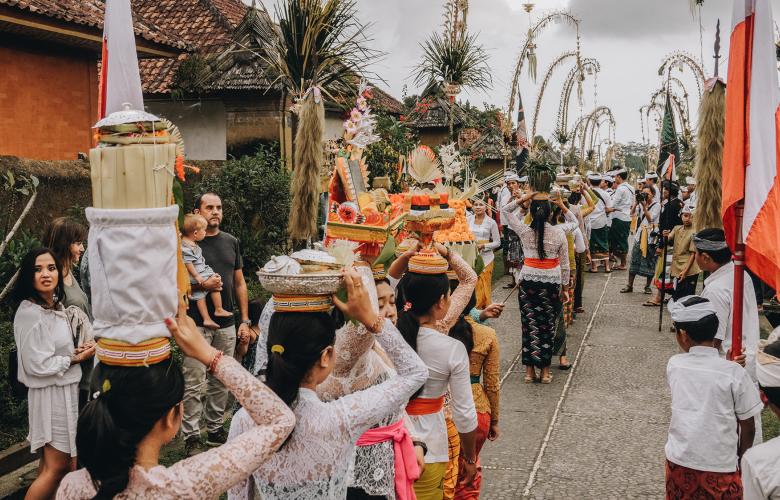
The Galungan festival celebrates the time when the good triumph the Evils, and the ancestral spirits pay a visit to their descendants on earth; the ancestral spirits will remain until the end of the festival, called the Kuningan day.
Immerse yourself in Hindu ceremonies, festivals and artistic traditions still thriving in Bali. Admire the iconic temples, taste authentic cuisine like sate or nasi goreng, and listen to melodic gamelan music.
Take Balinese language or dance lessons and participate in community events.
Join Bali’s large and active expat retiree circles for an instant support network too. Whether you prefer quiet rural villages or lively beach towns, Bali offers a chance to experience unique local culture in retirement.
Activities for Retirees
Retiring in Bali opens up a myriad of activities perfectly suited for your golden years:
- Relaxing on beautiful beaches and enjoying ocean views
- Exploring Bali’s elaborate temples like Tanah Lot and Uluwatu
- Experiencing Balinese massage and wellness therapies
- Playing golf on championship courses in Nusa Dua and Ubud
- Joining yoga, meditation, tai chi, or fitness classes
- Enjoying scenic walks and cycling on backroads
- Volunteering with local community initiatives
- Visiting animal sanctuaries to see exotic wildlife
- Learning Balinese art forms like woodcarving and painting
And for urban amenities such as malls and international restaurants, Bali’s major towns have plenty to offer within reach.
Property Ownership and Investment in Bali
For long-term stays, having your own property in Bali is appealing but complex. Foreigners cannot directly own freehold land in Indonesia, but leasehold and alternative ownership structures exist.
Common options include:
- Leasing villas or apartments on 25-30 year renewable contracts
- Strata title ownership of apartments/condominium units
- Owning property through an Indonesian company you control
- Utilizing trusts or nominee agreements
Consult reputable real estate attorneys to navigate regulations. But renting is often the simplest approach, giving you flexibility.
Indonesia’s property market generally holds solid investment potential… but only if you’re able to actually own the asset.
Pros and Cons of Retiring in Bali
While Bali seems like a tropical paradise, weigh the advantages and downsides before deciding to retire there:
Pros:
- Lower cost of living compared to the West
- Slower pace of life and friendly local culture
- Year-round warm weather and beaches
- Scenic natural beauty and landscapes
- Plentiful amenities and activities
- Good air connectivity to Asia and Australia
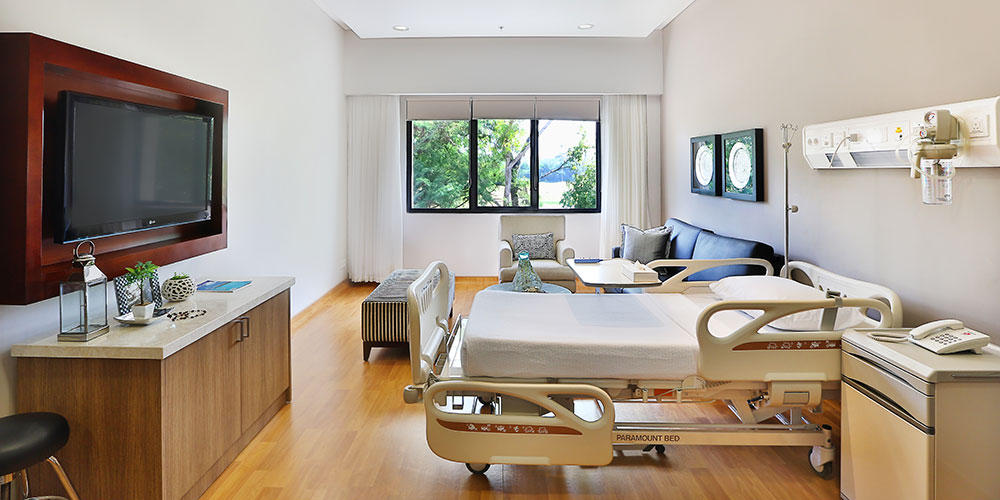
BIMC Nusa Dua Hospital is an international hospital accredited by the Australian Council on Healthcare Standards (ACHS). The hospital is among the first to target the medical tourism market and offers luxury suites for its patients and families.
Cons:
- Distance from family abroad can be challenging
- Sporadic infrastructure and internet problems
- High import duties raise costs on some items
- Cultural adaptation to local customs necessary
- Language barriers for those who don’t speak Indonesian
- Health risks like dengue fever, rabies, malaria in some areas
Carefully considering these factors allows you to realistically prepare for retirement in Bali and enjoy your golden years to the fullest.
Retiring in Bali vs. Thailand
For Asia-focused retirees, Thailand often comes up as a natural alternative to Bali. Thailand offers its own pros like developed infrastructure, renowned healthcare, diverse landscapes and ancient history.
However, Bali’s distinct Hindu culture, serene paradise vibe, popularity with expats, and world-class surfing make it stand apart.
Bali also has more direct flights to Australia. Thailand may work better for retirees wanting easy access to major Southeast Asian hubs.
Ultimately, choosing between the two depends on your personal priorities and interests. Both offer wonderful retirement lifestyles.
Retirement in Bali: A Lifelong Adventure
With prudent planning, Bali offers an unrivaled retirement experience – the chance to embrace island life in a tropical wonderland.
The slowing pace, cultural immersion, friendly locals, natural splendor and overall affordability make Bali a true overseas paradise for retirees.
If its charms speak to you, don’t hesitate to get your retirement plans in motion. Spend time exploring different areas, connect with expats living here, and consult experts to make the transition seamless.
As the Balinese saying goes – “Bianglala merana ngahyang jenar” – “Life is like a swing, sometimes up and sometimes down”. Retiring in Bali promises to keep your golden years on an uplifting swing.
Welcome the next chapter of your life’s journey in this Island of the Gods. The timeless magic of Bali awaits!
FAQs
Can Foreigners Own Land in Bali?
No, foreigners are not allowed to own land in Bali or anywhere else in Indonesia. The only way foreigners can control land is by leasing it or forming a foreign company and purchasing a Right to Build (known as Hak Guna Bangunan or HGB) which is valid for 30-80 years.
However, foreigners can own a house or apartment in Bali by obtaining a Right to Use (Hak Pakai) title in their name, which is possible through a relatively simple process.
How Can I Get a Retirement Visa in Bali?
To get a retirement visa (KITAS) in Bali, you must be at least 55 years old, show proof of health and life insurance, and demonstrate financial stability through a monthly pension of around $1,500 or sufficient savings.
You'll also need to employ at least two Indonesian citizens and agree not to work in Bali. The visa application process involves submitting required documents like proof of income, health insurance, and a lease agreement. Working with a trusted agent can simplify the process.
What Are the Best Hopsitals in Bali?
Bali has several high-quality hospitals and healthcare facilities that cater to expats and retirees. Some of the best include BIMC Hospital in Kuta and Nusa Dua, Siloam Hospital in Denpasar, and Prima Medika Hospital in Denpasar.
These hospitals offer modern facilities, skilled doctors, and English-speaking staff. However, for major surgeries or complex treatments, retirees may still need to travel to Singapore or their home countries. Having comprehensive international health insurance is essential.
Where Do Most Retirees Live in Bali?
Popular areas for retirees in Bali include Seminyak, Sanur, Jimbaran, and Ubud. Seminyak offers a convenient location near beaches, dining and nightlife.
Sanur is known for a laid-back vibe and long stretches of beach. Jimbaran has beautiful beaches and seafood restaurants. Ubud, located inland, is the cultural heart of Bali with many yoga and wellness centers.
The right neighborhood to live depends on your priorities, whether it's being close to amenities, beaches, nature or having a quiet lifestyle.

